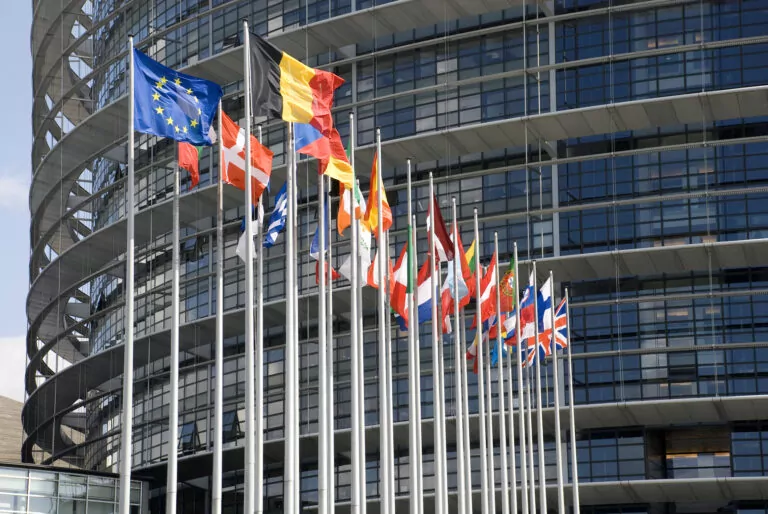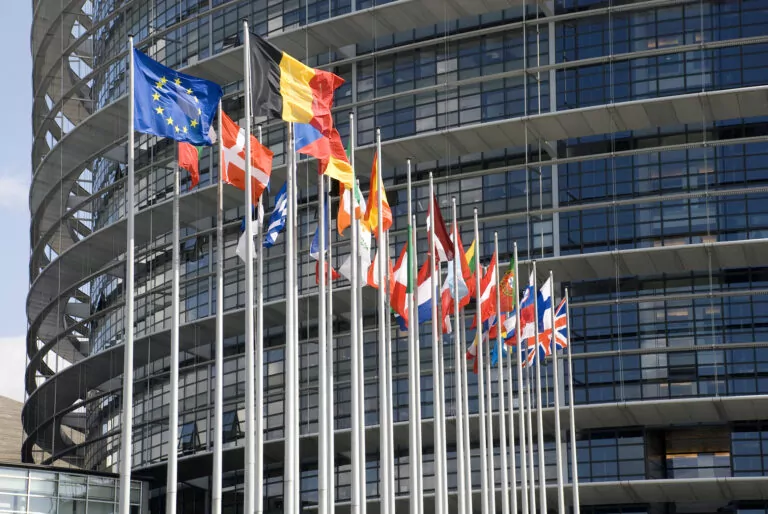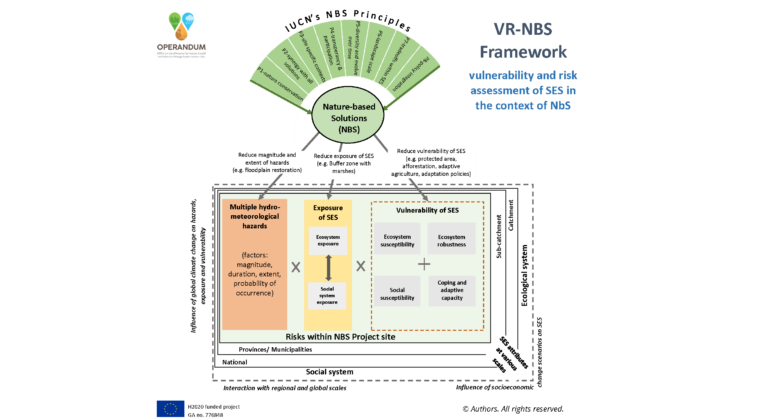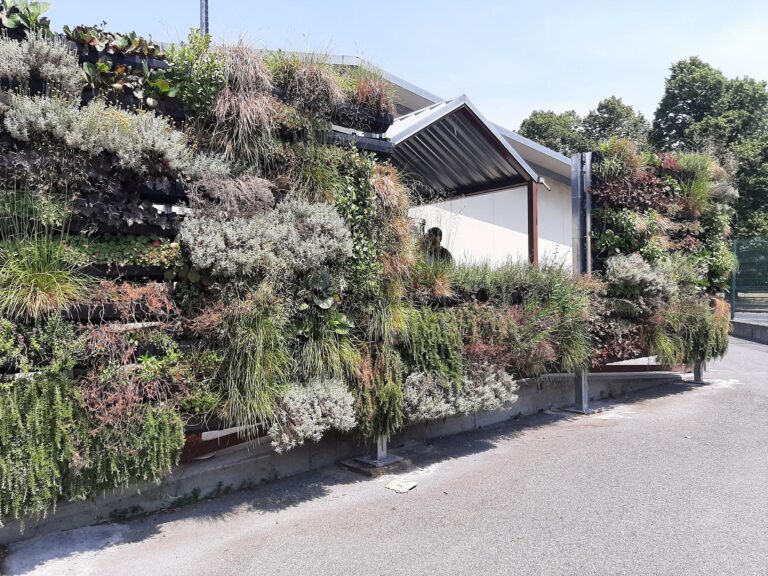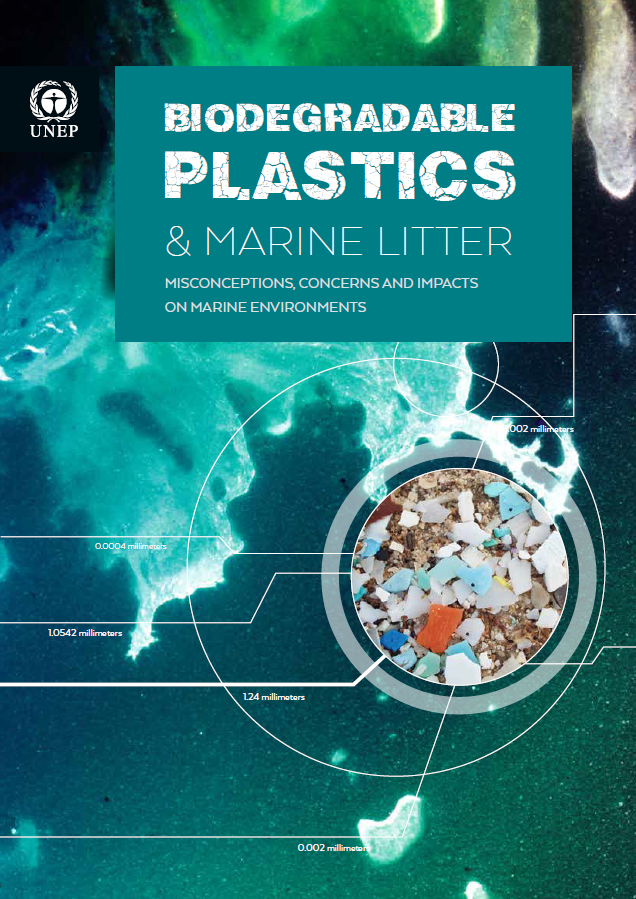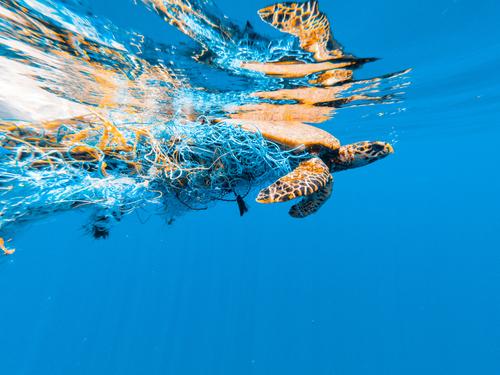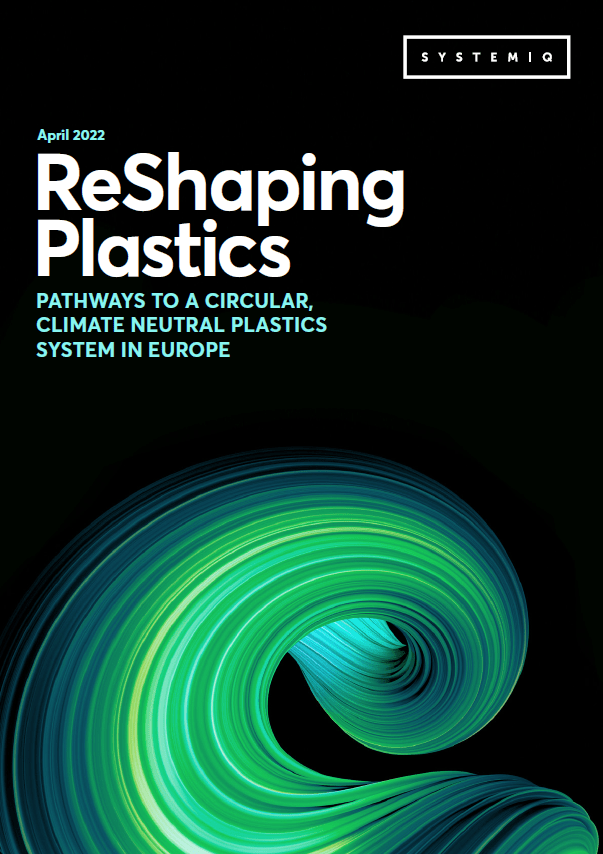Add to favorites:
Share:
Expected Outcome
In line with the zero pollution action plan, successful proposals will address the remediation of polluted ecosystems through bio-based and nature-based solutions and ecosystem-based adaptation to climate change, in accordance with the European Climate Law.
Project results are expected to contribute to all the following expected outcomes:
- engage public authorities, scientists and operators in the protection and restoration of ecosystems through bio-based and nature-based solutions;
- integrate in local, regional and national plans and strategies for ecosystems restoration, bio-based and nature-based solutions able to remediate degraded soil, sediment, surface water and groundwater affected by pollutants and threats such as salinization, and improve their resilience to climate change and/or their capacity to reduce greenhouse gases emissions/increase carbon removals;
- take advantage of innovative tools enabled by digital innovation, including AI, for the remediation of pollution in emergency conditions.
Scope
Degradation of soil, sediment and water due to anthropogenic causes may result from continuous exposure to pollution and/or unsustainable exploitation, but also from sudden accidents. Degradation may be exacerbated by negative effects of climate change or other threats (e.g., heat waves, fires, floods and landslides, soil/coastal erosion, ocean acidification, etc.). Moreover, in case both the exposure of soil, sediment and water to degrading factors and their vulnerability are high, whereas their resilience is low, the degradation may take the dimension of a disaster. The scope of this topic is the remediation of contaminated soil, sediment and water from pollutants, such as hazardous chemicals, pharmaceutical and waste, including litter and plastics, and their further restoration, including in case of accidents and disasters driven by anthropogenic activities and extreme climate and environmental events. The results from projects funded under this topic will contribute to one of the restoration measures included in the Nature Restoration Regulation to (Annex VII, point (32) Stop, reduce or remediate pollution from pharmaceuticals, hazardous chemicals, urban and industrial wastewater, and other waste including litter and plastics as well as light in all ecosystems). Project results will also help Member States to implement national adaptation strategies that promote nature-based solutions and ecosystem-based adaptation to climate change, in accordance with the European Climate Law.
Proposals should:
- select and analyse a set of case-studies of degraded soil, sediment and water affected by pollution and contaminants in the EU and Associated Countries. This could include cases where the degradation is exacerbated by climate change or biodiversity loss or other natural events or anthropogenic forcings;
- include a task in the project to develop bio-based solutions for the environmental remediation of the degraded soil, sediment and water in the selected case-studies, driven by biotechnology applications, and the integration of such bio-based solutions with nature-based solutions. The task should include the assessment of the alignment with the precautionary principle, environmental sustainability and efficiency of the developed solutions in remediating soil, sediment and water, also addressing biodiversity loss and the functional state of the ecosystems. Moreover, it should evaluate the improvement of resilience to the impacts of climate change on the affected ecosystems, due to the applications of the developed solutions;
- include a task in the project on the development of models enabled by digital innovation, including based on artificial intelligence, for the optimization of remediation approaches, also in case of emergency facing disaster sand extreme climate and environmental events like fires, droughts, floods, etc.;
- identify and assess the economic, social and safety risks and benefits of the remediation activities in the selected case-studies, in particular in terms of circular economy and of the reduction of the risks for human health resulting from exposure to the contaminants (e.g., vulnerable populations, integrating the gender dimension). The risk reduction should take into consideration the bioavailability and mobility of the contaminants, including heavy metals, other metals (e.g., the ones used in electronic devices, Li, REE, etc.), plastics and organic chemicals (i.e., PFAS, PAHs, pesticides, etc.);
- include a task in the project to deliver the overall environmental, economic, social and safety risk assessment for the developed integrated bio-based and nature-based solutions.
Proposals should include a task dedicated to sharing methodologies and findings with all projects funded under this topic and with similar recent or ongoing projects, e.g., those funded under the topic HORIZON-CL6-2021-ZEROPOLLUTION-01-10: Environmental services: improved bioremediation and revitalization strategies for soil, sediments and water, or under the topic HORIZON-CL6-2023-ZEROPOLLUTION-01-6: Biosensors and user-friendly diagnostic tools for environmental services.
Integrating Citizen Science in research approach is encouraged to contribute to the selection and analysis of case-studies of degraded ecosystems. This topic requires the effective contribution of SSH disciplines, including citizen social science approach and gender studies, especially for the risk assessment on human health. Multi-actor approach and international cooperation are encouraged.
The JRC may contribute with its expertise related to chemical pollutants in the environment and bio-based approaches, as well as to the interface between the research activities and regulatory aspects.
Partner Requests
Explore Real Collaboration Opportunities
🔍 As a logged-in member, you now have exclusive access to all active Partner Requests for this Funding Call.
See who’s looking for collaborators, explore exciting project ideas, and discover how others are planning to make an impact.
💡 Use these insights to get inspired—or take the next step and start a request of your own (3 entries for free).
Log in or registrate here for free.
You must be logged in to submit or manage a partner request.
Ask our experts about this call
Connect with the Listing Owner!
💬 Please log in now to send a direct message to our experts and ask your questions. Not a member yet? Sign up for free and start connecting today!
Related Funding and Finance Opportunities
Unlock Exclusive Funding Opportunities!
🔑 Get instant access to tailored funding opportunities that perfectly match your needs. This powerful feature is exclusively available to our premium members—helping you save time, stay ahead of the competition, and secure the right funding faster.
Upgrade to Premium now and never miss an important opportunity again! Already a premium member? Log in here to explore your matches.
Related Innovation Offers
Related Knowledgebase Resources
Discover More with Premium: Related Knowledge Resources
🔒 You’re missing out on expert-curated knowledge specifically matched to this topic. As a Premium member, you gain exclusive access to in-depth articles, guides, and insights that help you make smarter decisions, faster.
Whether you’re preparing a funding proposal, researching a new market, or just need reliable information—our Premium knowledge matches save you hours of research and point you directly to what matters.
Upgrade to Premium now and instantly unlock relevant knowledge tailored to your needs! Already a member? Log in here to view your personalized content.
Access Restricted
This funding opportunity is only fully available to premium members.




